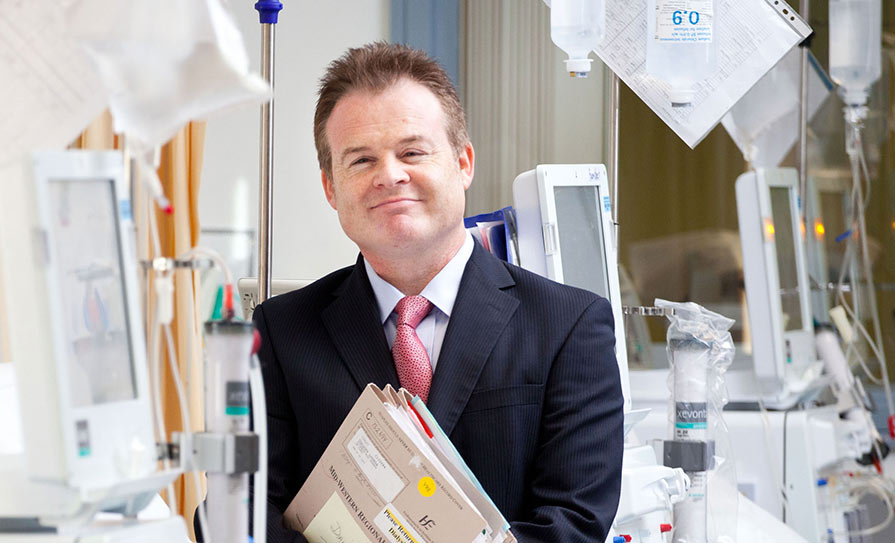Attendees at the Irish Melanoma Forum 11th Annual Scientific Meeting heard from Dr Amaya Viros, of the University of Manchester and Wellcome Trust Clinical Scientist, who discussed stromal lipids and how they dictate melanoma metastasis and tropism. Dr Viros provided an overview of research in animal models and told the attendees: “If you take up a lot of lipids, you are super oxidative and you don’t metastasise well, and this is what happens predominantly in the young population, whereas if you have very dysfunctional adipocytes in your old age, they contribute few lipids, lower oxidative rate, which is ‘wood to the fire’, and we see a very fast disease course with a very efficient metastatic rate,” said Dr Viros. The beginning of tropism is also observed in this process, she added.
Dr Viros expanded on her studies into tropism using human melanoma cell lines, because they are well described in the literature. She also touched on some new therapeutic targets emerging as a result of the research: “We have several targets and we have certainly showed that cellular uptake will change the bioenergetics and the metabolic pathway and the oxidation in a melanoma cell line,” said Dr Viros. “It will affect metastases, and it will affect tropism.”
She explained that young lipids drive more oxidation and less metastases, and provided an overview of lipid metabolism and organ-specific sites, such as the brain. “Melanoma cells do take up stromal lipids and they are key for the behaviour, metabolism, and intracellular signalling,” Dr Viros summarised. “In addition, OXPHOS is a key event to inhibit and we want to avoid metastatic spread through the vasculature.”













Leave a Reply
You must be logged in to post a comment.